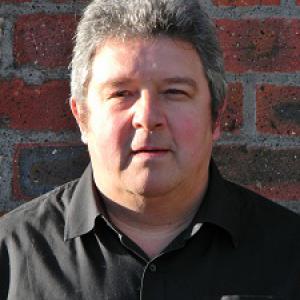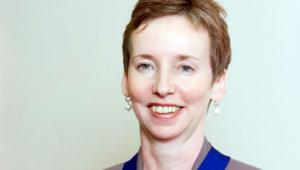The realities of minority government bore down on the ruling Scottish National Party when its ministers found they could only get the tax rises through Holyrood by swallowing an amendment from the Scottish Greens that took them to task for failing to come up with radical reform of the council tax and pledging that they would do better in the current session of the Scottish Parliament.
At one stage in a day of intense and fractious horse-trading, First Minister Nicola Sturgeon had appeared ready to walk away from the £100m rise in council tax take – earmarked by ministers for closing the attainment gap in schools between children of different socio-economic background – if the Parliament carried the undiluted Green amendment.
In the event, an attempt by finance secretary Derek Mackay to strike the most critical words from the Green amendment fell, and the SNP elected to vote for the amended order, knowing that the combined opposition of the Tories and Liberal Democrats would halt the tax raise if they abstained. Labour, though fiercely critical of the SNP’s approach, backed the rise in top band rates.
It means that when a decade-long council tax freeze introduced by SNP Ministers ends next year, the tax take on the four top bands, E-H, will increase by between £2 and £10 a week. Lower band tax payers may also face rises, within a 3% ceiling imposed by ministers.
For the top bands, the average annual increases will be: band E, £105; band F, £207; band G, £335; and band H, £517.
The debate reflected the bitterness that has followed the ending of the council tax freeze. There was widespread dismay last year when a broad-based commission, set up by the Scottish Government and co-chaired by its then local government minister, recommended scrapping the council tax, only for Sturgeon and her colleagues to decide to retain it with some adjustments.
At the same time, councils are angry both at the ceiling imposed on council tax increases and at the Ministerial insistence that the additional revenues raised from top-band payers be given directly to head teachers to raise school standards rather than distributed by council education authorities. The role of councils in education generally has been put under review by Ministers.
The successful amendment, from the Greens’ Andy Wightman, saw the parliament regret ministerial proposals that “undermine the principle of local accountability and autonomy.” His amendment calls for cross-party talks in the current parliament to seek agreement on replacing the council tax.
During the debate, Mackay said that the top band rises were “the first step in a journey of reform”. The upshot of these votes is that the journey may now have to go faster and further than ministers have appeared to want.





















